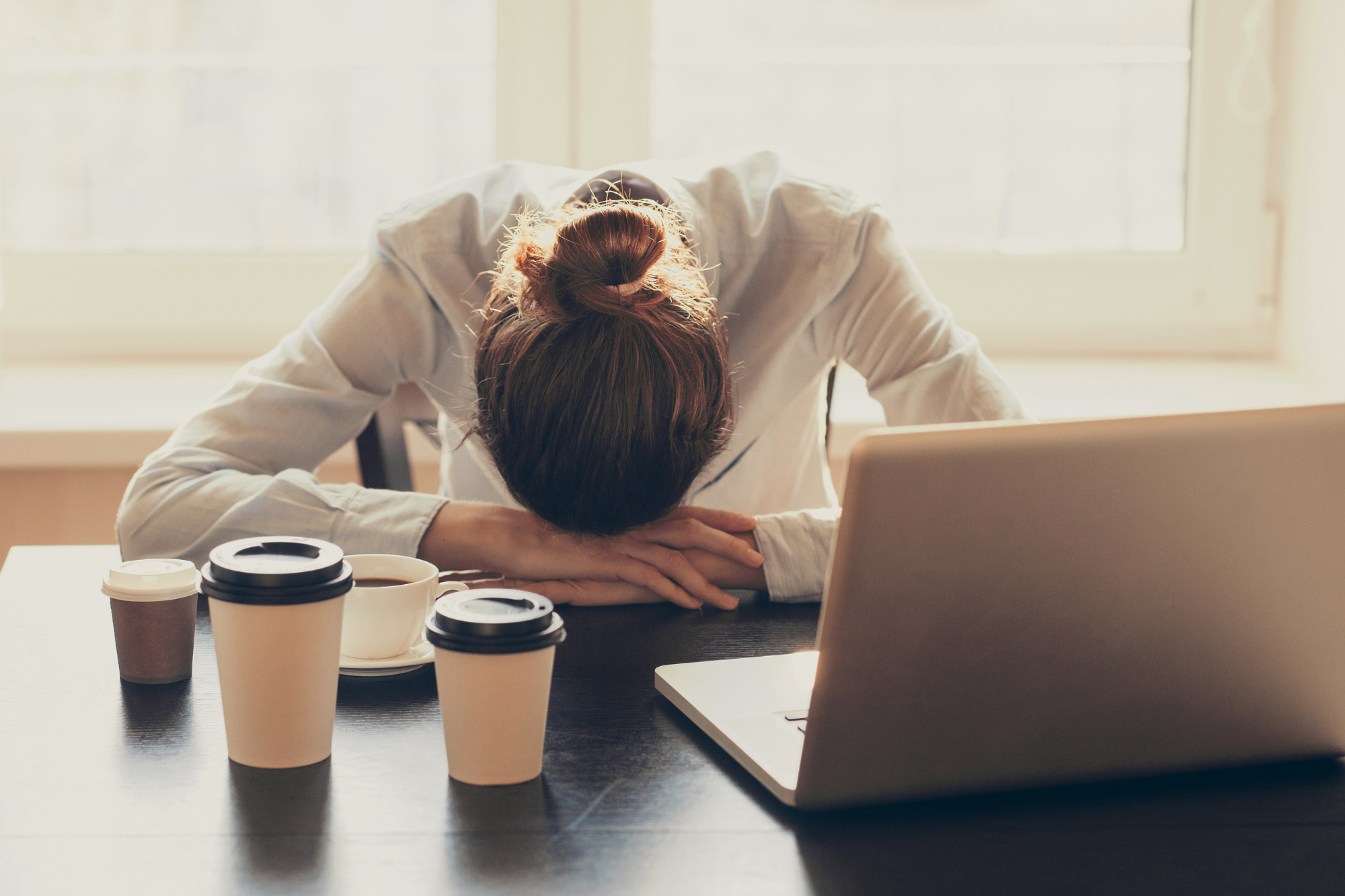“Information about nutrition and physical fitness is greatly understood and demonstrated throughout society however on the health basic of sleep society remains as a vast reservoir of ignorance. We must realise that we cannot be healthy unless our sleep is healthy.”
William Dement, 1997.
Statistics
A recent study by the Sleep Health Foundation (2019) revealed that more than half of the adult population of Australia suffer at least one chronic sleep symptom. Out of the 2,044 participants in the study, almost 50% reported that their current daily routine does not allow them adequate sleep all or most of the time.
Why does this matter?
Sleep disturbances can result in:
- Fatigue.
- Attention, concentration, or memory impairment.
- Mood disturbances and irritability.
- Daytime sleepiness.
- Behavioural problems (hyperactivity, impulsivity, aggression).
- Reduced motivation, energy, and initiative.
- Proneness to errors.
All of which can cause significant impairment to occupational functioning.
Well, what can I do?
In his book Why We Sleep, British neuroscientist Matthew Walker notes the importance of REM sleep and its impact on learning efficiency, recall and memory consolidation.
When it comes to ensuring a solid night's sleep, here are a few things you may want to approach, as well as a few things you may want to avoid:
Approach
A routine. Having a stable circadian rhythm is essential to a good night’s sleep. Those who adhere to a sleep schedule with consistent wake and sleep times are more likely to see improved concentration, productivity, and emotional stability.
Light at night practice. Indigestion and fluid consumption before bed can both lead to sleep interferences. These interruptions result in poor sleep and sometimes even sleep fragmentation - a pattern that can lead to significant detriments to waking functions.
Unwind time. Activities such as reading, stretching, or listening to music can help alleviate stress before bedtime. Walker also suggests writing down any worries in a journal before bed, allowing any difficult emotions to be processed before falling asleep.
Sun exposure. Getting even 30 minutes of sunlight has been shown to help regulate sleep patterns.
Avoid
Blue and bright lights before bed. Blue and bright lights can interfere with the production of melatonin, a hormone which helps to control normal sleep patterns. In some cases, melatonin deficiency can lead to insomnia. Instead, turn on Night Light, Bedtime Mode or any other filters that block out blue light on your devices. Avoid using bright or LED lights within an hour or two of your bedtime, and stick to lights with warmer, yellow hues at night.
Intense exercise near bedtime. When done at the right time, exercise can be extremely beneficial for sleep. However, when done within a few hours of bedtime, intense exercise makes it difficult for your brain to relax.
Stimulants. Caffeine and nicotine both have harmful effects on a good night's sleep. Caffeine can limit our brain's ability to detect adenosine, a chemical in our body that inhibits arousal and causes sleepiness. Nicotine consumption inhibits our ability to delve into deep sleep.
Alcohol consumption. Alcohol is particularly harmful for REM sleep, the phase of our sleep that is arguably the most restorative.
Devices in the room. When we leave our phone, smartwatches and gadgets in our room, research says that we risk disrupting our sleep and its structure due to the low-level night-time radiation emitted from said devices.
At the end of the day, getting a good night's sleep is hard work, especially considering the social and occupational pressures most of us have been under recently. Try incorporating some of these tips into your daily routine and you are sure to see improvements in both your sleep quantity and quality. A few small changes can dramatically enhance our ZZZs and therefore our ability to function optimally throughout the day.
